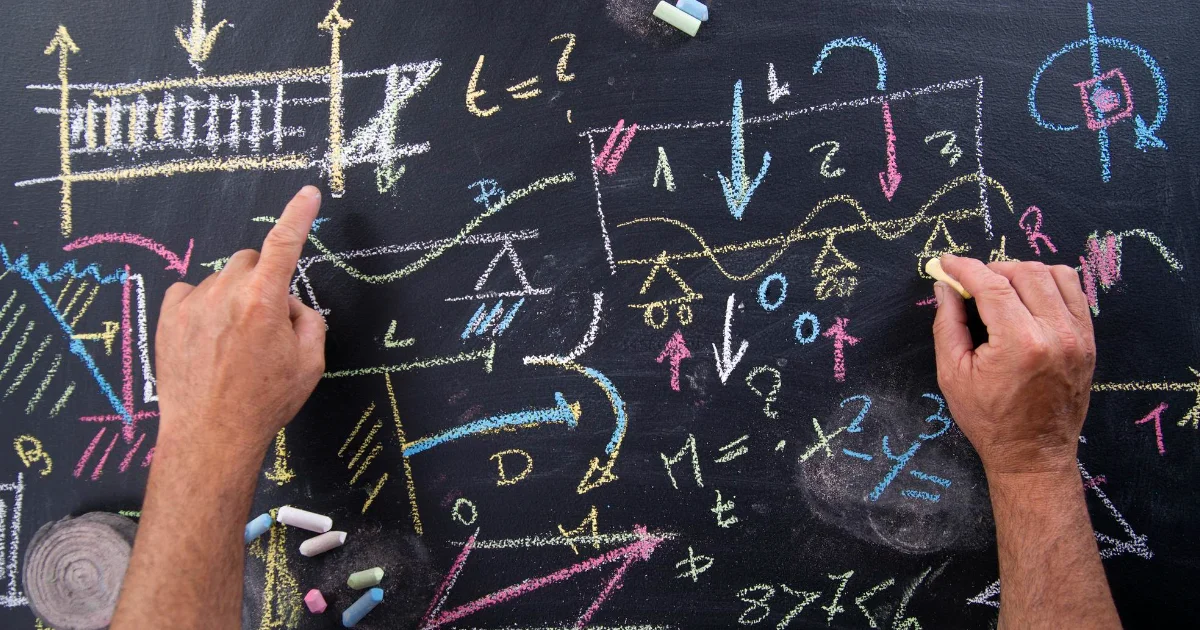Analyst

Analysts will often perform the following tasks:
- Identifying the underlying principles, reasons, or facts of information by breaking down information or data into separate parts.
- Using relevant information and individual judgment to determine whether events or processes comply with laws, regulations, or standards.
- Assessing the value, importance, or quality of things or people.
- Compiling, coding, categorizing, calculating, tabulating, auditing, or verifying information or data.
Inspector

Inspectors should be great at:
- Estimating sizes, distances, and quantities; or determining time, costs, resources, or materials needed to perform a work activity.
- Observing, receiving, and otherwise obtaining information from all relevant sources.
- Identifying information by categorizing, estimating, recognizing differences or similarities, and detecting changes in circumstances or events.
- Inspecting equipment, structures, or materials to identify the cause of errors or other problems or defects.
Other work activities related to Mathematical technicians
- Applying standardized mathematical formulas, principles, and methodology to the solution of technological problems involving engineering or physical science.
- Processing data for analysis, using computers.
- Reducing raw data to meaningful terms, using the most practical and accurate combination and sequence of computational methods.
- Translating data into numbers, equations, flow charts, graphs, or other forms.
- Conferring with scientific or engineering personnel for planning projects.
- Modifying standard formulas so that they conform to project needs and data processing methods.








